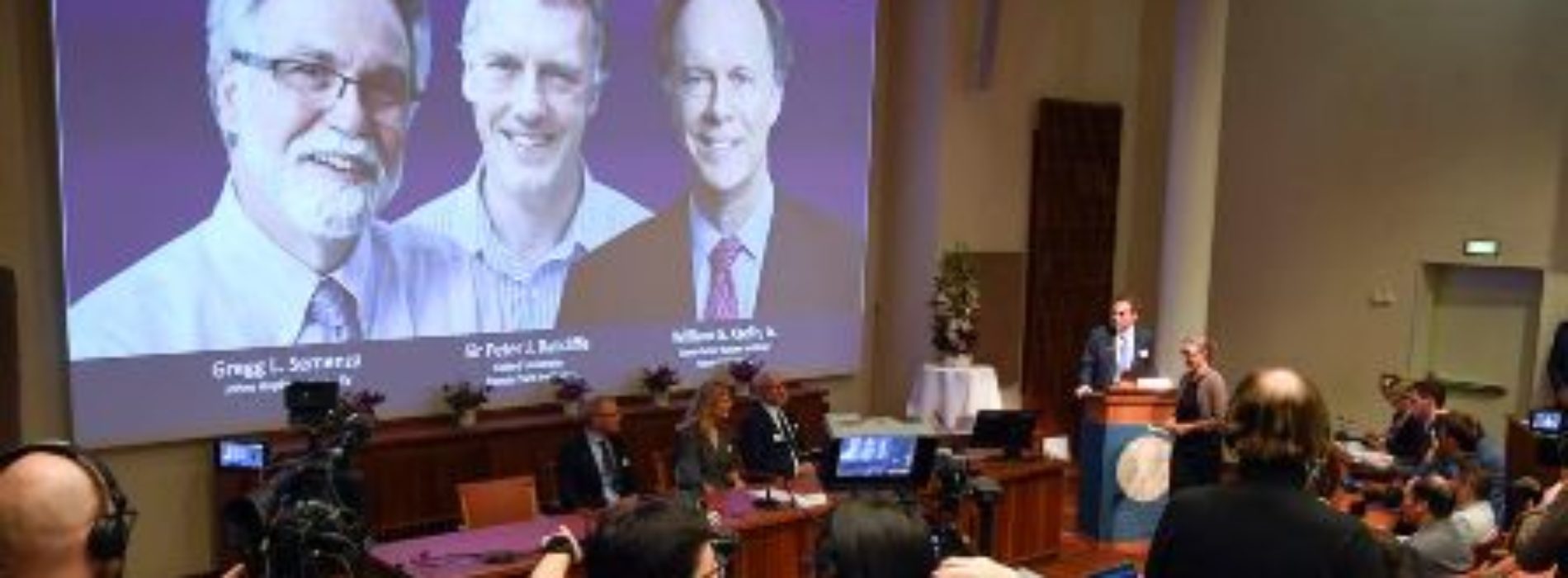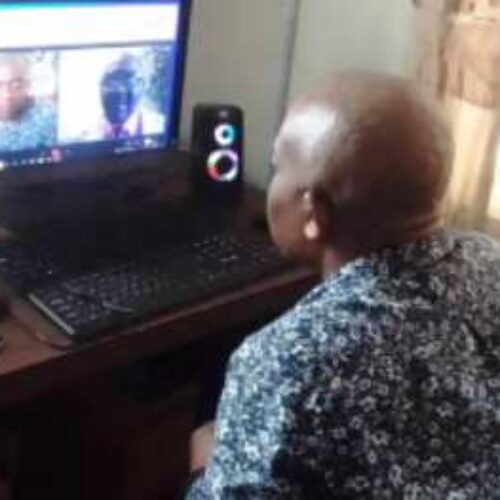2 Americans, British scientists win 2019 Nobel prize for medicine
Two Americans and a British scientist have been named winners of the 2019 Nobel Prize for physiology or medicine for discovering how the body’s cells sense and react to oxygen levels.
Announcing the prize at the Karolinska Institute in Stockholm on Monday, the Nobel committee said that the trio’s discoveries have paved the way for “promising new strategies to fight anaemia, cancer and many other diseases.”
Doctors William G. Kaelin Jr. of Harvard University, Gregg L. Semenza of Johns Hopkins University and Peter J. Ratcliffe at the Francis Crick Institute in Britain and Oxford University will share equally the 9 million kronor ($918,000) cash award, the Karolinska Institute said.
All three scientists worked independently over a period of more than two decades to establish how cells can sense and adapt to changing oxygen availability.
The Nobel Committee said their work has “greatly expanded our knowledge of how physiological response makes life possible,” explaining that the scientists identified the biological machinery that regulates how genes respond to varying levels of oxygen. That response is key to things like producing red blood cells, generating new blood vessels and fine-tuning the immune system.
Randall Johnson, prize committee member, described the trio’s work as a “textbook discovery.”
“This is something basic biology students will be learning about when they study, at aged 12 or 13, or younger, biology and learn the fundamental ways cells work,” he said.
“This is a basic aspect of how a cell works and, from that standpoint alone, it’s a very exciting thing.”
Johnson added that the laureates had “greatly expanded our knowledge of how physiological response makes life possible” and were “necessary actors in figuring out how this whole thing works.”
Explaining why the scientists were being recognized for the award, which is officially known as the the Nobel Prize in Physiology or Medicine, this year, Johnson said their discoveries were now a “complete and clear story.”
“It’s very clear that we now understand this fundamental biological switch that really impacts all our lives as living creatures here on earth breathing oxygen.”





0 Comments
No Comments Yet!
You can be first to comment this post!